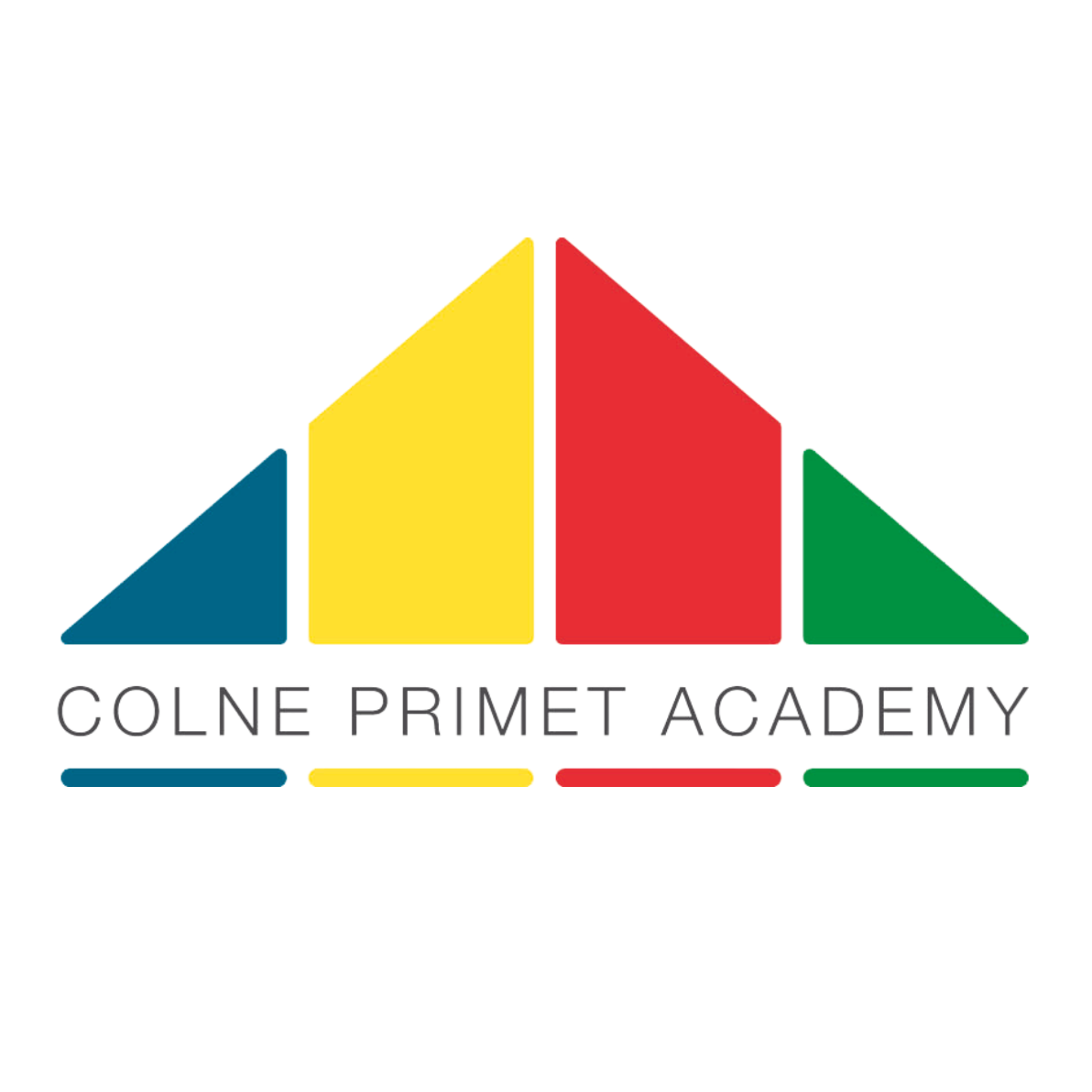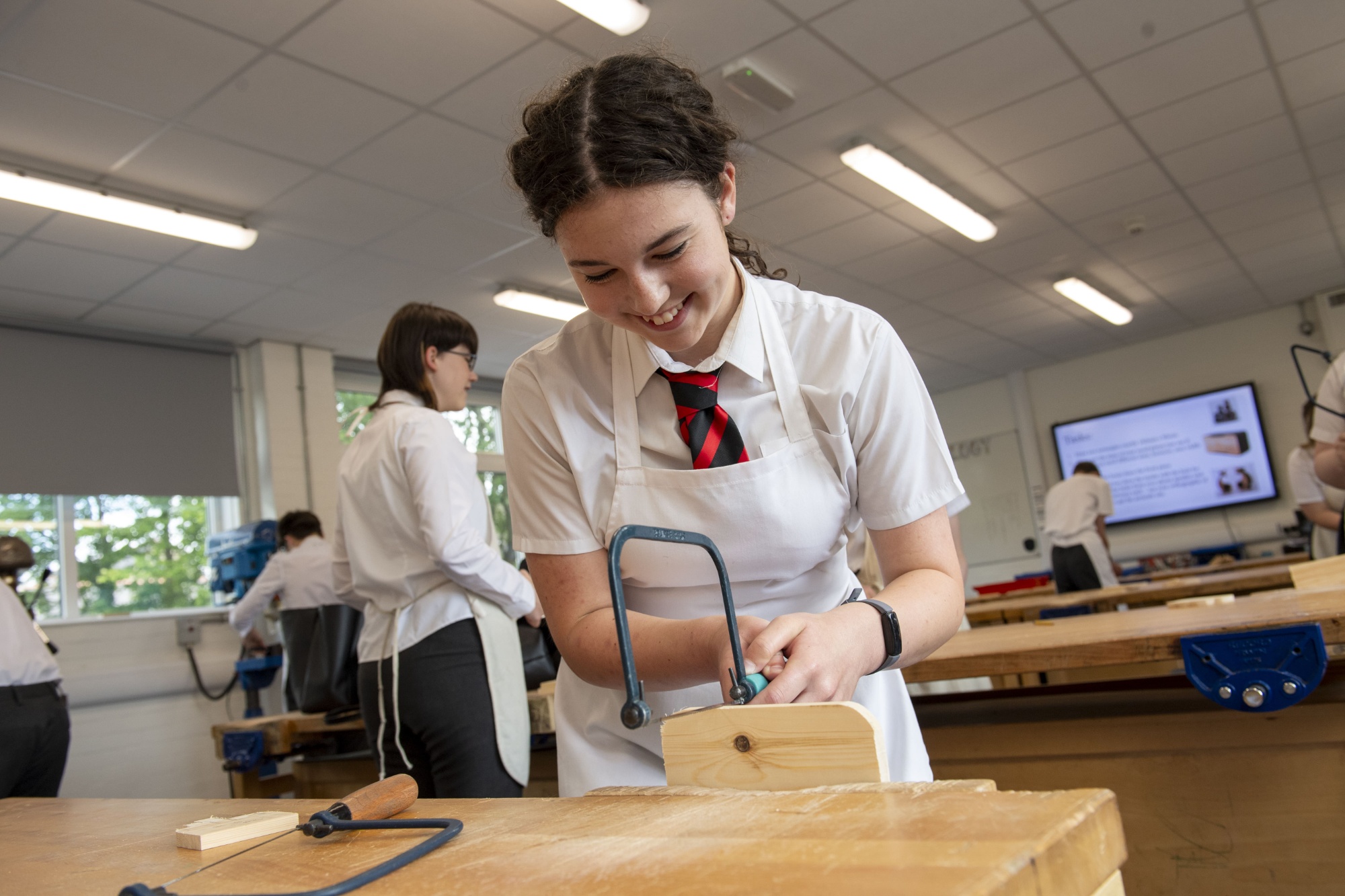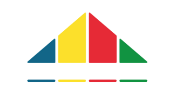
‘Proud to be PRIMET’
Design Technology

Year 7
During Year 7, students will design and then manufacture a range of products using different materials. Students will be taught the relevant skills and knowledge to be confident and competent in using materials, tools and machinery in practical projects throughout the year, communicating their ideas and designs by using a variety of techniques and processes.
Whilst developing these valuable practical skills students will be taught how to work following health and safety guidelines, ensuring that all students are safe whilst working with a range of resistant and non-resistant materials, tools, drawing media tools and equipment. Students will be encouraged to investigate and analyse design and technology innovation and use this to inform their own work, and they will understand the responsibilities of designers, including environmental responsibilities, safety to user and manufacturer.
Over the course of Key Stage 3, students will be taught the following skills and knowledge-
- The Design Cycle (including design briefs, specifications and user requirements)
- Analysis and Research (including industrial process, materials and the law)
- Presenting design ideas (including a range of techniques, British Standards and Computer Aided Design)
- Manufacturing (including production plans, safe working practices, use of tools and machinery and evaluation)
Year 8
In Year 8 students will investigate a variety of simple mechanisms with a focus on levers, linkages and CAM mechanisms. They will manufacture a wooden CAM toy as a team activity. This will follow plans to measure, cut, finish and then assemble the individual pieces. Students will build on their practical skills within the workshop ensuring they are working safely, independently and sometimes as a team to produce a range of products.
In developing practical skills students will understand the importance of production plans for manufacturing products, this will include producing detailed axonometric drawings, equipment checks, required parts for manufacture and material lists. This, therefore enhancing their ability to make effective design choices through core technical knowledge and understanding of manufacturing processes within the Engineering industry.
Students will develop their design skills following a unit on branding and product packaging. They will explore nets, use of colour, aesthetics, logos and lettering to develop a drinks package. Students will develop their own logo and lettering to use on the package. They will then cut out and assemble their package ensuring accuracy of folds using scoring.
Over the course of Key Stage 3, students will be taught the following skills and knowledge-
- The Design Cycle (including design briefs, specifications and user requirements)
- Analysis and Research (including industrial process, materials and the law)
- Presenting design ideas (including a range of techniques, British Standards and Computer Aided Design)
- Manufacturing (including production plans, safe working practices, use of tools and machinery and evaluation)
Year 9
During Year 9 students will look at a range of different design processes associated with Engineering design. Students will look at drawing skills such as isometric, orthographic and sectional drawing, as well as an introduction to computer aided design (CAD), using these skills to enhance planning for manufacturing a range of products.
Whilst following appropriate health and safety expectations in the workshop students will produce detailed manufacture plans, including parts and material lists, safety, industrial processes and quality control points.
Students will develop a broad knowledge of materials, equipment, tools and processes to then manufacture their own products. They will be taught to then effectively analyse their own practical and drawing skills against existing specifications to improve their performance.
Students will be taught to make effective design choices through core technical knowledge and understanding.
Over the course of Key Stage 3, students will be taught the following skills and knowledge:
- The Design Cycle (including design briefs, specifications and user requirements)
- Analysis and Research (including industrial process, materials and the law)
- Presenting design ideas (including a range of techniques, British Standards and Computer Aided Design)
- Manufacturing (including production plans, safe working practices, use of tools and machinery and evaluation)
Year 10
This qualification is aimed at students who wish to study the processes involved in designing new engineered products and the requirements of a design specification. Students will develop knowledge, understanding and practical skills that would be used in the engineering design and development sector. Students will study the key aspects of engineering design, and have the opportunity to apply what they learn through a number of practical experiences.
Students will be assessed on three units.
Unit R038:Principles of engineering design - written exam
Topic Area 1: Designing processes
Topic Area 2: Design requirements
Topic Area 3: Communicating design outcomes
Topic Area 4: Evaluating design ideas
Unit R039: Communicating designs
Topic Area 1: Manual production of freehand sketches
Topic Area 2: Manual production of engineering drawings
Topic Area 3: Use of computer aided design (CAD)
Unit R040: Design, evaluation and modelling
Topic Area 1: Product evaluation
Topic Area 2: Modelling design ideas
Students will be assessed by final exam plus portfolios of written work, engineering drawings and practical element of manufacture.
Year 11
This qualification is aimed at learners who wish to study the processes involved in designing new engineered products and the requirements of a design specification. Through research and practical activities, students will understand how market requirements and opportunities inform client briefs and will use practical skills such as drawing, computer modelling and model making to communicate design ideas.
Students will be assessed on four units:
Unit 105: Design briefs, design specifications and user requirements (1 hour written paper)
Students will develop essential knowledge and understanding of the following:
- the design cycle and the relationship between design briefs and design specifications
- the requirements of design specifications for the development of a new product
- the wider influences on the design of new products
R106: Product analysis and research (centre assessed task)
Students will develop essential knowledge, skills and understanding of the following:
- how commercial production methods, quality and legislation impact on the design of products and components
- research of existing products
- analysis of an existing products through disassembly
Unit R107: Developing and presenting engineering designs (centre assessed task)
Students will develop essential knowledge, skills and understanding of the following:
- generating design proposals using a range of techniques
- how to develop designs using engineering drawing techniques and annotation
- how to use Computer Aided Design (CAD) software and techniques to produce and communicate design proposals
Unit R108: 3D design realisation (centre assessed task)
Students will develop essential knowledge, skills and understanding of the following:
- how to plan the making of a prototype
- safe working practices used when making a prototype
- production of a prototype
- evaluating the success of a prototype
Students will be assessed on portfolios of written work, engineering drawings and practical element of manufacture
Students have completed half of their assessment in Year 10, they now go onto Unit R107 and Unit R108
If you would like any more information about our Design Technology curriculum, please contact Mrs S Goldie, Head of Creative Arts and Technology, by emailing sgoldie@colneprimet.co.uk, filling in the form on our contact us page or phoning the main office to arrange a call back.
